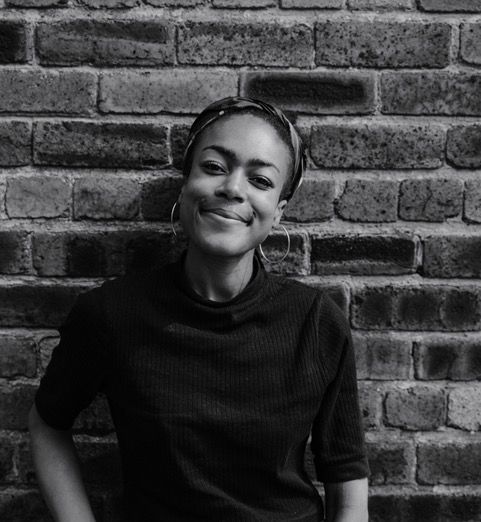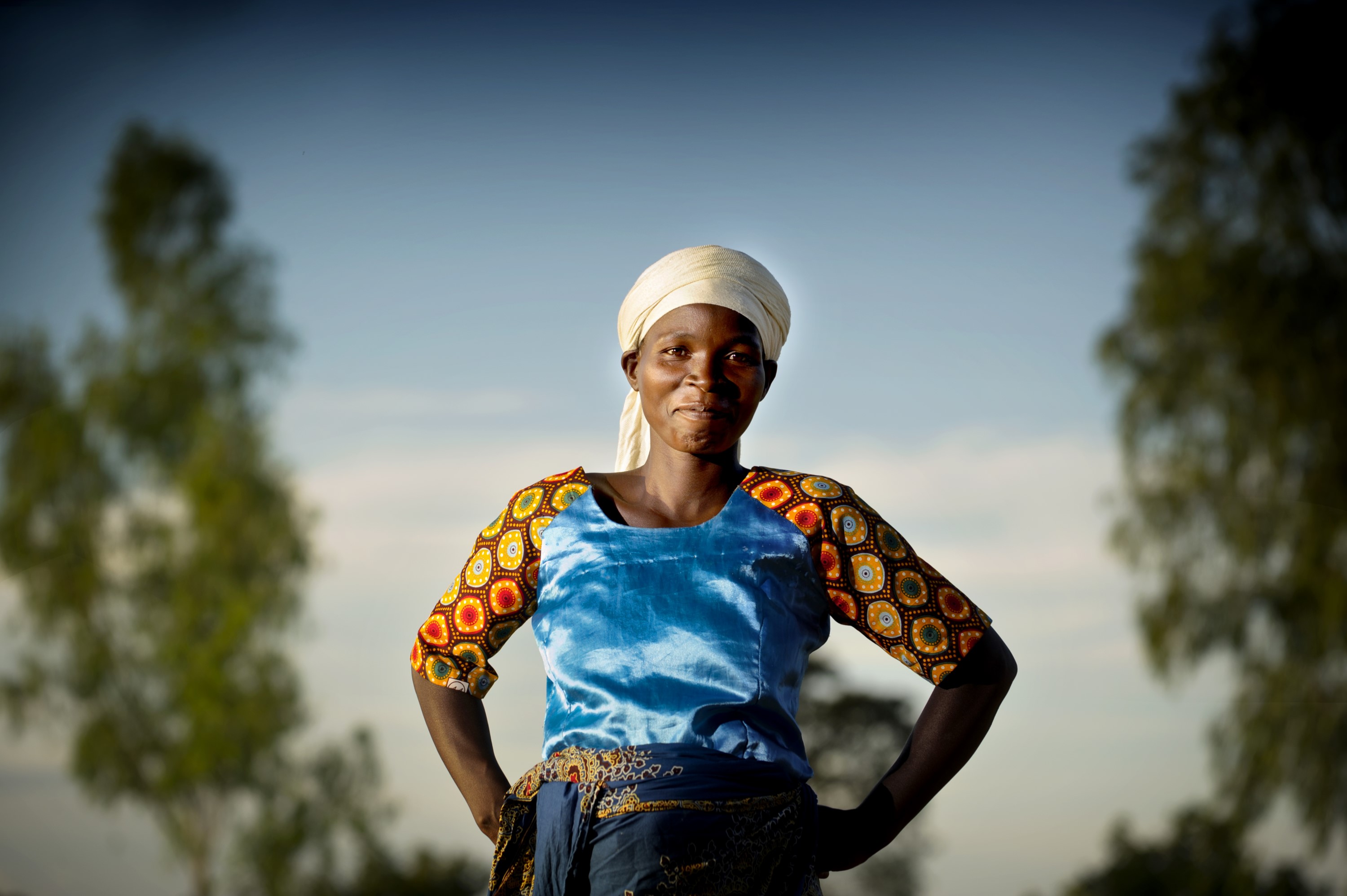This International Women’s Day let’s move away from the future-centric climate narrative to one that is women-led and proportionate to the negative impacts being felt by the climate emergency today.
Women in the Global South are disproportionally affected by the impacts of the climate crisis. Climate-related disasters exacerbate the already existing outcomes of gender inequality, leaving women particularly vulnerable to climate change. 80% of people displaced by climate disasters are women and as they are more likely to be dependent on the land for their livelihoods, women often have the most to lose in our collective failure to act. This increased vulnerability to the impacts of the climate crisis has led to an increase in female-led activism.
Inspiring examples include:
-
CAMFED – a women’s grassroots climate action group made up of 150,000 women from Saharan Africa.
-
Elizabeth Wanjiru Wathuti from Kenya who founded The Green Generation Initiative – a group of 40 young volunteers who have planted over 30,000 trees.
-
15-year-old Leah Namugerwa who led three national climate strikes in Uganda last year.
-
‘Friday’s for Future’ activist, Vanessa Nakate who started the Save Congo rain forest campaign and founded The Rise Up Movement.
-
Ridhima Pandey, who filed a lawsuit against the Indian government aged 9 over its inaction against the climate emergency.
In the Global North, we have also seen a steady increase in climate activism – such as the rise of the radical environmental group Extinction Rebellion (XR) and the Fridays for Future movement led by Greta Thunberg. The traction that both movements have gained is been unprecedented. The ‘Fridays for Future’ movement rallied 6 million protestors from across the globe in September 2019, and one of XR’s demands – for governments to declare a climate emergency – contributed to 1,396 declarations worldwide from local governments jurisdictions.
Whilst it is clear that activism can be a huge instigator for change, we must be wary of which communities these groups exist to protect. Both XR and the Fridays for Future movement work on the premise that we must act now in order to protect future generations from the destruction of our planet. While this motivation is valid, if the vision of these moments is one “dedicated to future generations” – how can we ensure that those currently suffering from climate change are not left behind? An example of why focus on who is being protected is important is in the cropping out of Vanessa Nakate from a press image taken of her other three other (European) Friday’s for Future activists, including Greta Thunberg.
As international development supporters and practitioners, we must ensure that discussions on climate are centred around the people that it is currently affecting, and not just generations who have yet to come. Let’s champion the work that female climate leaders are doing, listen to their experiences, and help to protect their livelihoods. The Scottish international development community has a unique opportunity to influence discussions and elevate the voices of women currently suffering from climate-related devastations as COP26, which will be hosted in Glasgow this year.
Want to get involved in the Alliance’s COP26 work? Head to our dedicated COP page for more information.
*Photo credit: Colin Hattersley, SCIAF.


